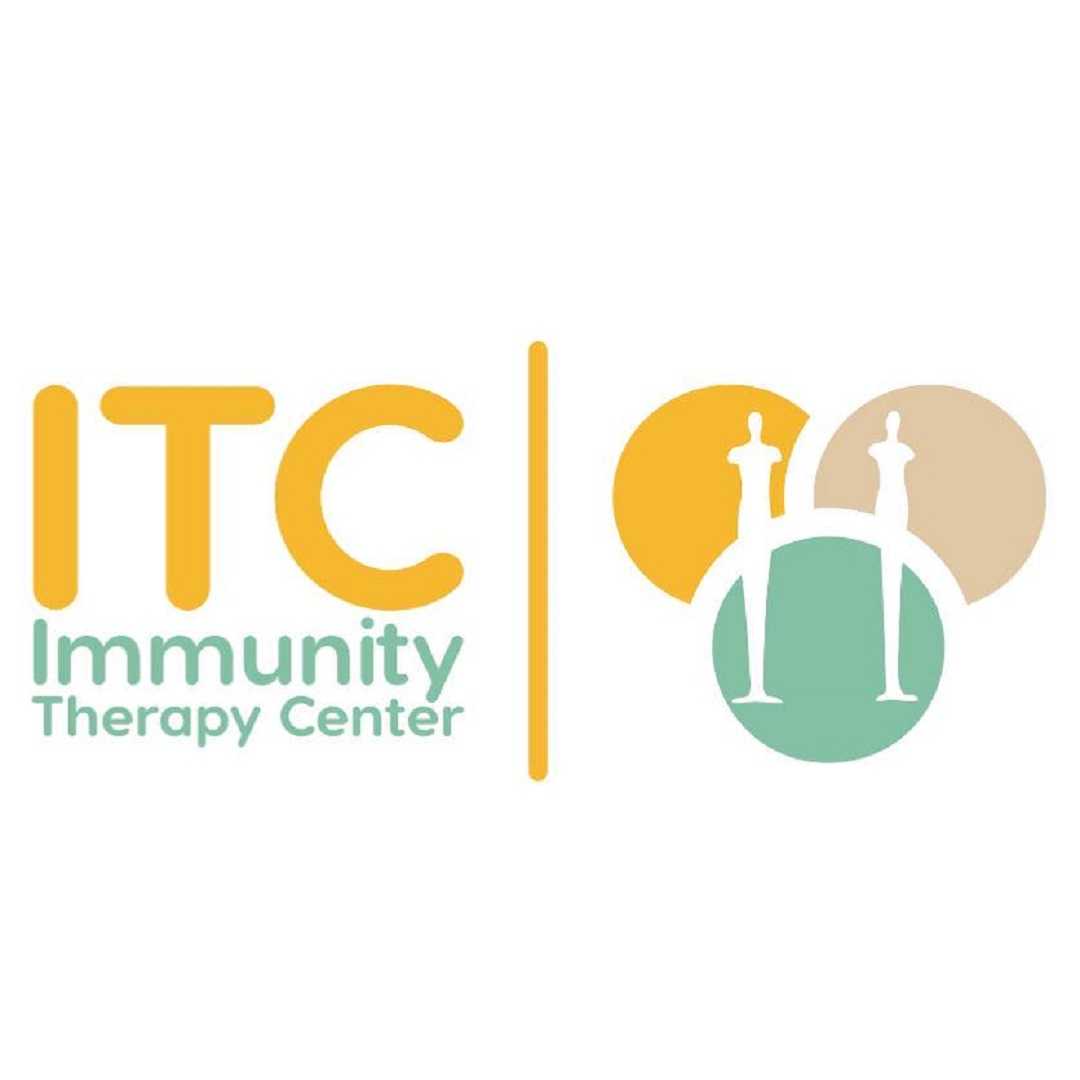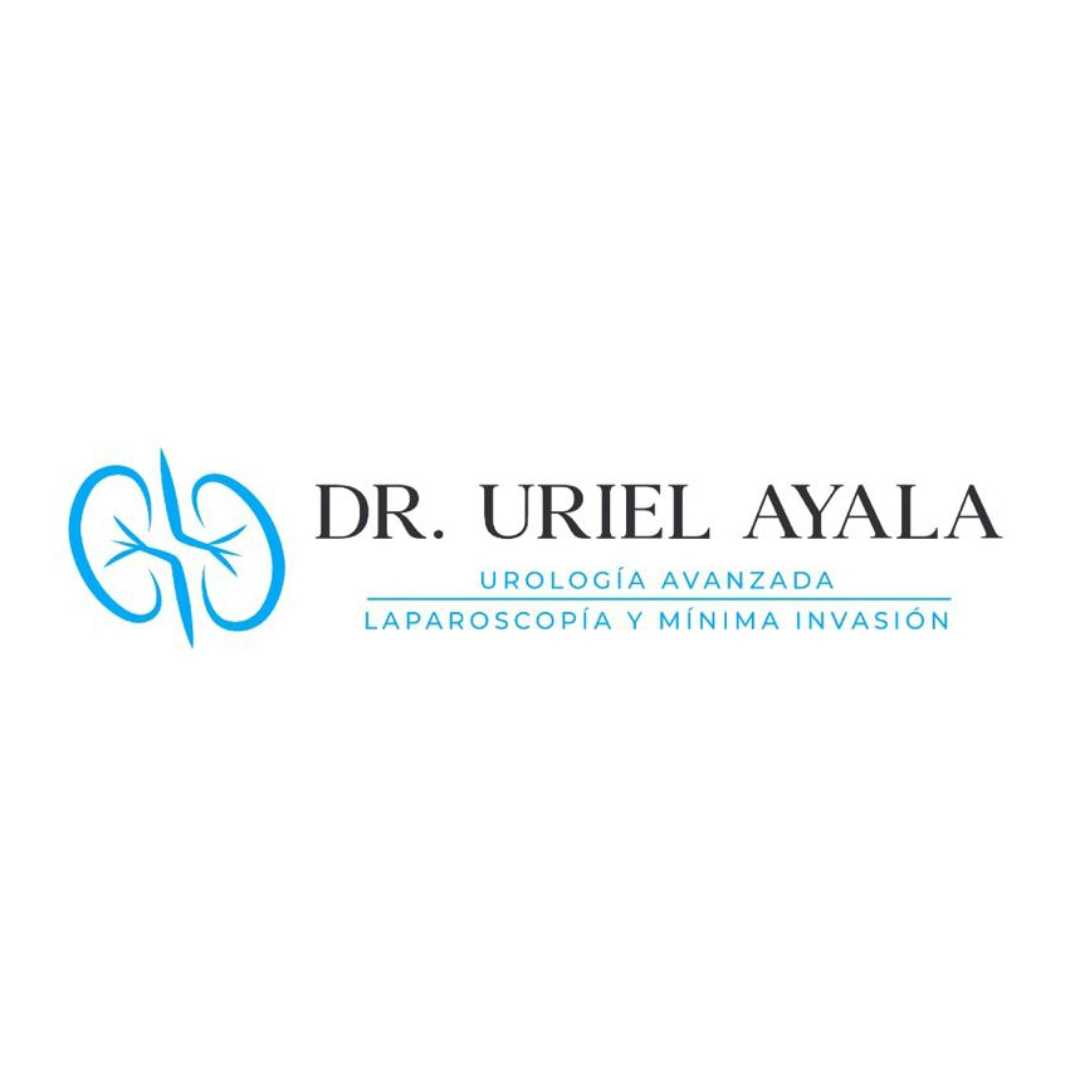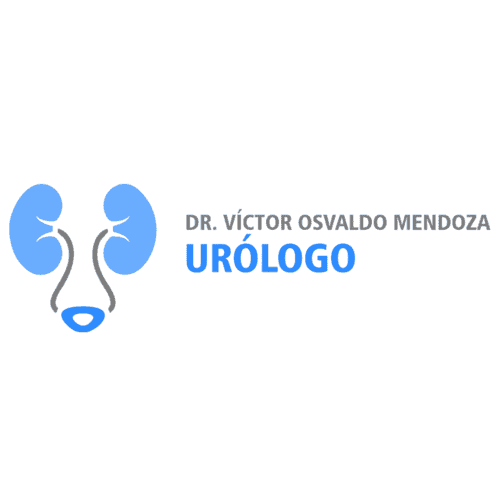
Facing a prostate cancer diagnosis can be overwhelming, and deciding on the best treatment path is a critical decision. For many, the choice boils down to seeking advanced care domestically in the USA or exploring more affordable, high-quality options abroad, particularly in Mexico. This comprehensive guide will dissect the key differences and similarities in prostate cancer treatment between these two nations, offering invaluable insights for patients and their families.
Choosing Your Path to Recovery: Prostate Cancer Treatment in Mexico vs. USA
The United States is globally recognized for its cutting-edge medical technology, extensive research, and highly specialized oncology centers, offering a wide array of advanced prostate cancer treatments. However, these superior options often come with a substantial financial burden, making treatment inaccessible for many.
Mexico, on the other hand, has rapidly emerged as a prominent destination for medical tourism, including complex procedures like prostate cancer treatment. With its competitive pricing, readily available experienced specialists, and modern facilities, Mexico presents a compelling alternative for patients seeking quality care without the prohibitive costs. Understanding the nuances of each option – from cost of robotic prostatectomy in Mexico to the availability of proton therapy in USA – is crucial for making an informed decision that balances quality, affordability, and accessibility.
Prostate Cancer Treatment: Mexico vs. USA Detailed Comparison
Mexico vs. USA: Core Strengths in Prostate Cancer Care
Mexico's Core Strengths in Prostate Cancer Care
Mexico has cultivated a strong reputation for offering high-quality, affordable prostate cancer treatment, particularly in cities like Tijuana, Monterrey, and Cancun. Its key strengths lie in significant cost savings for procedures like robotic prostatectomy, making advanced care accessible to a broader patient demographic.
Many Mexican clinics boast internationally trained urologists and oncologists who utilize state-of-the-art equipment, including Da Vinci robotic systems for minimally invasive surgery and HIFU (High-Intensity Focused Ultrasound) for focal therapy. The streamlined patient experience, often facilitated by medical tourism agencies, reduces wait times and offers personalized attention, ensuring a comfortable journey for international patients seeking prostate cancer treatment abroad.
USA's Leading Edge in Prostate Cancer Treatment
The United States remains at the forefront of prostate cancer innovation and treatment. Its unparalleled strength lies in access to the newest therapies, cutting-edge research, and a vast network of highly specialized academic medical centers and comprehensive cancer institutes. Patients in the USA can benefit from pioneering treatments like proton therapy, advanced clinical trials for novel immunotherapies and targeted agents, and sophisticated diagnostic tools like PSMA PET scans.
The regulatory environment ensures the highest standards of care and patient safety. While the cost of prostate cancer treatment in USA is considerably higher, it often includes comprehensive, integrated care from multidisciplinary teams of world-renowned specialists, from diagnosis through long-term survivorship.
Prostate Cancer Treatment in Mexico - Pros and Cons
Pros
- Significant Cost Savings: Patients can save 50-70% on the cost of prostate cancer treatment, including major procedures like robotic prostatectomy and radiation therapy.
- Reduced Wait Times: Quick access to consultations, diagnostics, and treatment procedures, avoiding long queues often found in other healthcare systems.
- High-Quality Care in Accredited Facilities: Many clinics and hospitals are JCI-accredited or meet stringent international standards, with state-of-the-art equipment.
- Experienced, Internationally Trained Specialists: Access to board-certified urologists and oncologists with extensive experience and often international training.
- Personalized Patient Experience: Clinics often offer more direct communication and dedicated patient coordinators, leading to a highly personalized approach.
- Geographical Proximity for North Americans: Easy and affordable travel for patients from the USA and Canada, especially to border cities like Tijuana.
Cons
- Variable Quality: While top clinics are excellent, the sheer number of facilities means quality can vary, requiring thorough research and due diligence.
- Language Barrier: While major clinics have English-speaking staff, navigating daily life outside the clinic might require some Spanish or a translator.
- Follow-up Care Logistics: Coordinating long-term post-treatment care and follow-up with a local doctor back home can be a logistical challenge.
- Limited Access to Certain Cutting-Edge Research: May not have access to the absolute newest experimental drugs or clinical trials compared to leading US institutions.
Prostate Cancer Treatment in USA - Pros and Cons
Pros
- Unparalleled Access to Advanced Therapies: Home to the latest generation of robotic surgery, proton therapy, advanced radiation techniques, and targeted drug therapies.
- Leading Research and Clinical Trials: Patients can often access groundbreaking treatments through clinical trials not yet available elsewhere.
- World-Renowned Specialists and Centers: Access to a vast network of top-tier academic medical centers and cancer specialists globally recognized for their expertise.
- Stringent Regulatory Oversight: High standards for patient safety, quality control, and physician licensing, ensuring consistent quality.
- Comprehensive, Integrated Care: Multidisciplinary teams provide seamless care from diagnosis through treatment, rehabilitation, and long-term surveillance.
- Ease of Domestic Follow-up: All follow-up and subsequent care can be easily managed within the same healthcare system.
Cons
- Exorbitant Costs: The primary deterrent for many, with prostate cancer treatment costs often reaching tens of thousands to hundreds of thousands of dollars.
- Insurance Complexities: Navigating complex insurance plans, deductibles, and co-pays can be a major source of stress and financial burden.
- Bureaucracy and Administrative Hassles: Dealing with large hospital systems can sometimes feel impersonal and bureaucratic.
- Potential for Delays: While urgent cases are prioritized, wait times for appointments with highly sought-after specialists or specific procedures can occur.
What to Expect: The International Patient Journey for Prostate Cancer
When considering prostate cancer treatment in Mexico, patients can expect a streamlined process, often facilitated by a medical tourism agency like PlacidWay. This typically includes assistance with travel arrangements, accommodation, translation services, and coordination with the clinic. Initial consultations can often be done remotely. Upon arrival, the focus is on efficient, personalized care. Patients often stay for a few days to a few weeks depending on the procedure (e.g., robotic prostatectomy recovery), with clinics providing detailed post-operative instructions and remote follow-up options. The experience is often praised for its attentiveness and the opportunity to recover in a pleasant environment.
In the USA, the patient journey for prostate cancer treatment is typically managed within a comprehensive healthcare system. This involves extensive diagnostics, multi-disciplinary team consultations, and often a more protracted period of pre-treatment evaluations. While highly structured and thorough, the process can feel less personal due to the scale of large medical institutions. Post-treatment care is usually integrated into the patient's existing healthcare network, allowing for easy access to follow-up appointments, rehabilitation services, and ongoing monitoring without the need for international travel logistics. However, the patient is often responsible for navigating the complex billing and insurance landscape.
Real Stories from Patients on Their Prostate Cancer Journey
Robert J., California (Treated in Mexico)
"When I was diagnosed, the cost for robotic prostatectomy in the US was staggering. I found a JCI-accredited clinic in Tijuana. The cost of prostate cancer treatment in Mexico was a third of the price, and the surgeon was phenomenal. The whole process was smooth, and I felt incredibly well cared for. Best decision for my family and my health."
David F., New York (Treated in USA)
"My doctors at Memorial Sloan Kettering were simply the best. I opted for proton therapy, which wasn't widely available a few years ago. The integrated care was incredible – from my radiation oncologist to my urologist, everyone was on the same page. While expensive, knowing I had access to such advanced treatment and research was priceless for my peace of mind."
Mark G., Texas (Treated in Mexico)
"I was looking for effective but affordable prostate cancer treatment options. Mexico offered exactly that. My focal therapy using HIFU was precise, and the recovery was much quicker than traditional surgery. The staff was incredibly supportive, and I appreciated the direct communication with my doctor. Highly recommend exploring prostate cancer treatment in Mexico."
Steven C., Florida (Treated in USA)
"My local urologist recommended a novel clinical trial for advanced prostate cancer, which I could only access here in the US. The research aspect was critical for my aggressive cancer. The coordination between specialists, access to the latest drugs, and ongoing monitoring have been exceptional, giving me the best chance at a prolonged, healthy life."
Frequently Asked Questions About Prostate Cancer Treatment
Is prostate cancer treatment in Mexico safe and effective?
Yes, many clinics and hospitals in Mexico, especially those catering to international patients, adhere to strict international medical standards. They employ highly trained, board-certified specialists and utilize modern technology. It's crucial to research and choose JCI-accredited or reputable clinics to ensure safety and effectiveness.
How much can I save on prostate cancer treatment in Mexico compared to the USA?
Patients can typically save 50-70% on procedures like robotic prostatectomy, radiation therapy, and other treatments in Mexico compared to similar procedures in the United States. This includes surgical fees, hospital stay, and sometimes even medications.
What types of prostate cancer treatments are available in Mexico?
Top Mexican clinics offer a full spectrum of treatments, including robotic-assisted prostatectomy (Da Vinci surgery), external beam radiation therapy (EBRT), brachytherapy, high-intensity focused ultrasound (HIFU), cryotherapy, hormone therapy, and chemotherapy, often following NCCN guidelines.
Are Mexican doctors for prostate cancer treatment qualified?
Many Mexican urologists and oncologists who specialize in prostate cancer have received training and certifications from leading institutions in the USA, Europe, or Canada. It is always recommended to verify the credentials and experience of your chosen specialist.
Will my US health insurance cover prostate cancer treatment in Mexico?
Most standard US health insurance plans do not cover elective medical procedures performed outside the United States. However, some international health insurance policies or medical travel plans might offer coverage. It's essential to check with your insurance provider directly.
What is the recovery process like after prostatectomy in Mexico?
Recovery protocols are similar to those in the USA. For robotic prostatectomy, patients typically stay a few days in the hospital, followed by a week or two of recovery in the local area before returning home. Clinics provide detailed post-operative instructions and often facilitate remote follow-up.
How do prostate cancer treatment success rates compare between Mexico and the USA?
Success rates for specific prostate cancer treatments in top-tier Mexican clinics are comparable to those in the USA, particularly when performed by experienced specialists using advanced technology. Success rates depend more on the stage of cancer, patient health, and the expertise of the medical team than the country itself.
Do I need a special visa for medical treatment in Mexico?
For US and Canadian citizens, a tourist visa is generally sufficient for medical travel to Mexico. For other nationalities, standard visa requirements apply. It is advisable to check current travel regulations with the Mexican embassy or consulate in your country.
What advanced prostate cancer technologies are primarily available in the USA?
The USA leads in the development and initial deployment of cutting-edge technologies like proton therapy, certain advanced forms of MRI-guided radiation, novel immunotherapies, and targeted molecular therapies often available through clinical trials at major cancer centers.
How long is the typical stay for prostate cancer treatment in Mexico?
For surgical procedures like robotic prostatectomy, a stay of approximately 7-14 days is common, including hospital stay and initial recovery. For radiation therapies, a longer stay of several weeks might be necessary depending on the protocol. Your clinic will provide a precise timeline.
Ready to Explore Your Prostate Cancer Treatment Options?
Choosing the right path for prostate cancer treatment is a deeply personal and significant decision. Whether you prioritize advanced technology, specialized care, or affordability, understanding all your options is paramount. PlacidWay is dedicated to empowering patients like you with transparent information and access to world-class, pre-vetted medical facilities.
Our expert Care Team is available for a free, no-obligation consultation to help you compare personalized treatment packages, understand transparent pricing for prostate cancer treatment in Mexico, and address all your specific questions about treatment in the USA or abroad. Let us guide you through the complexities, so you can focus on your health and recovery.








.png)









Share this listing